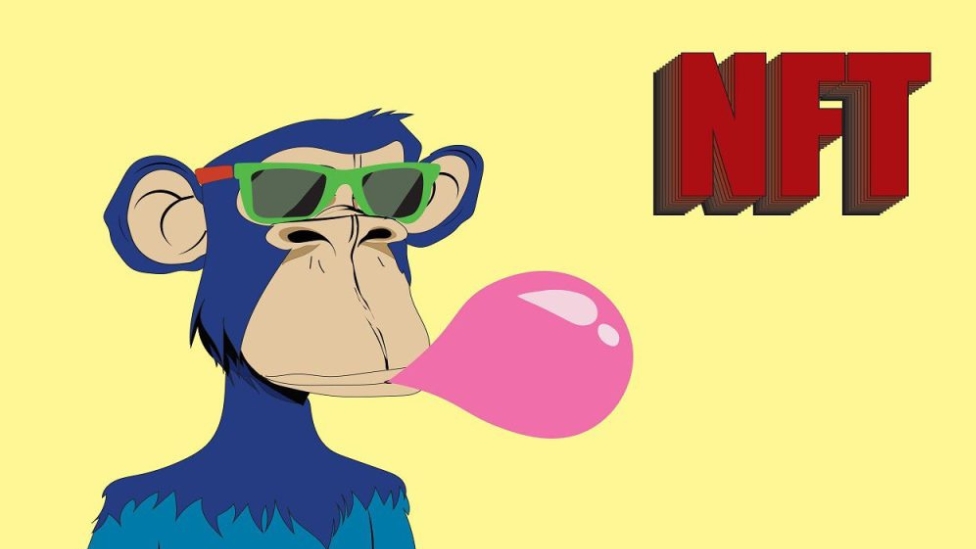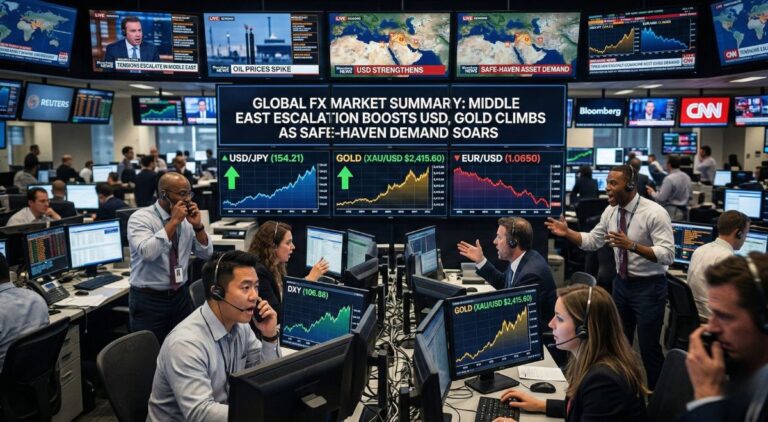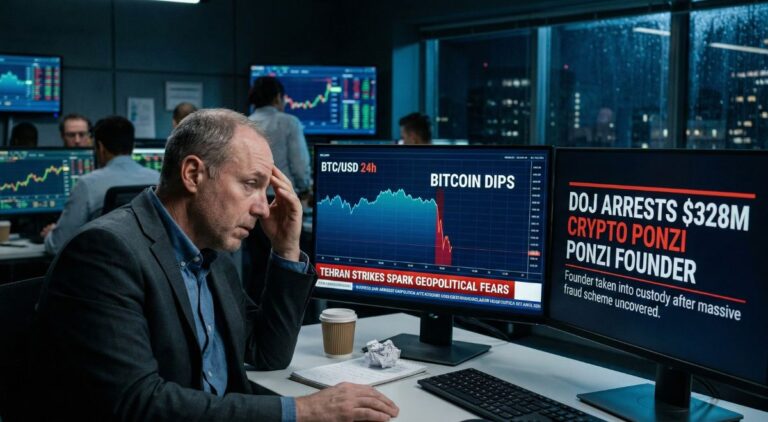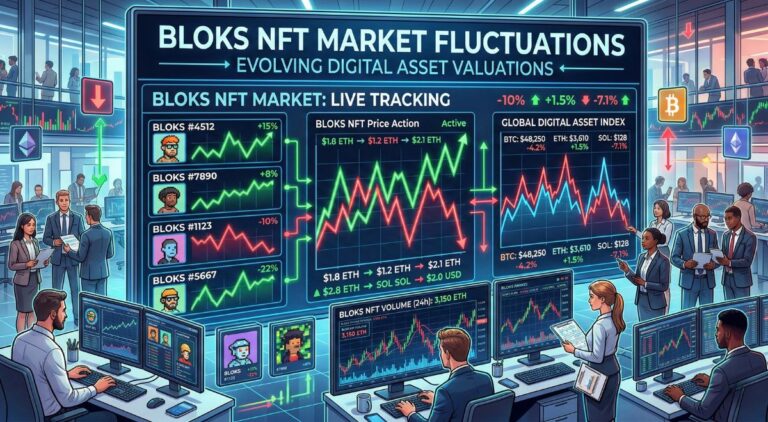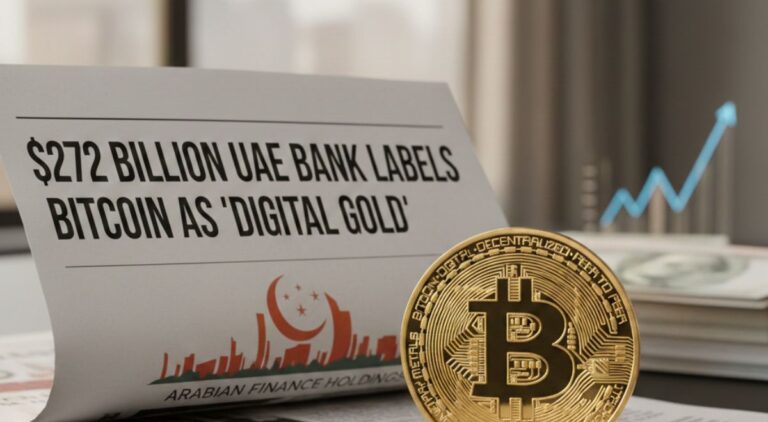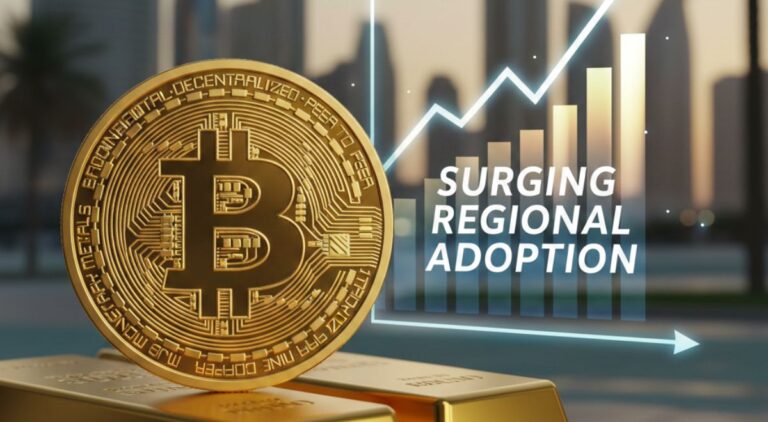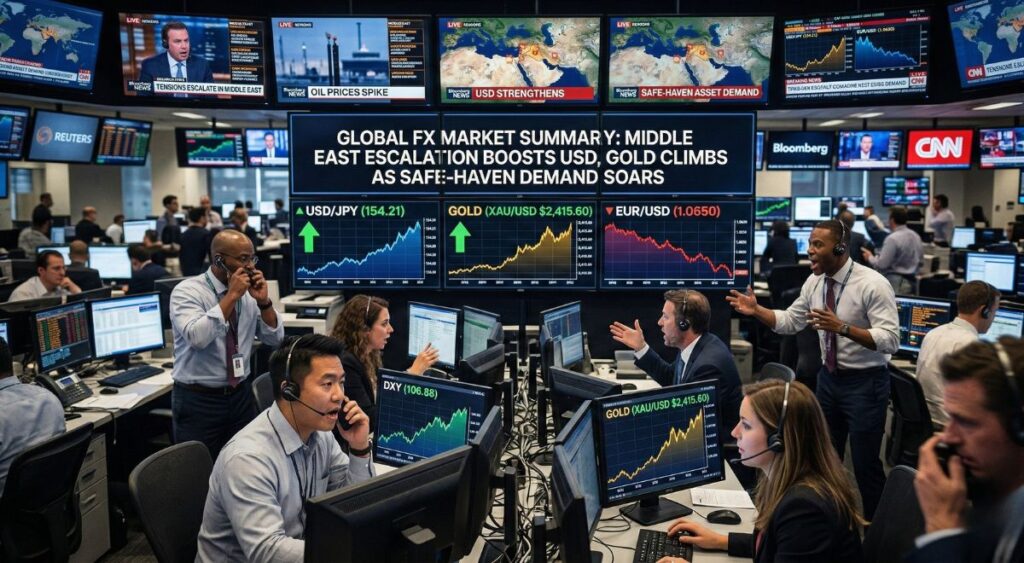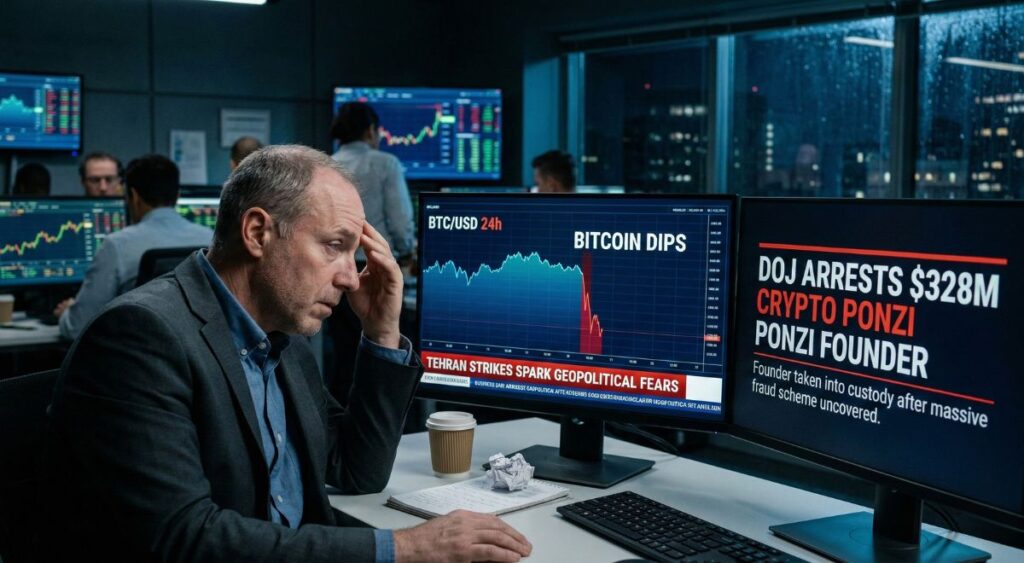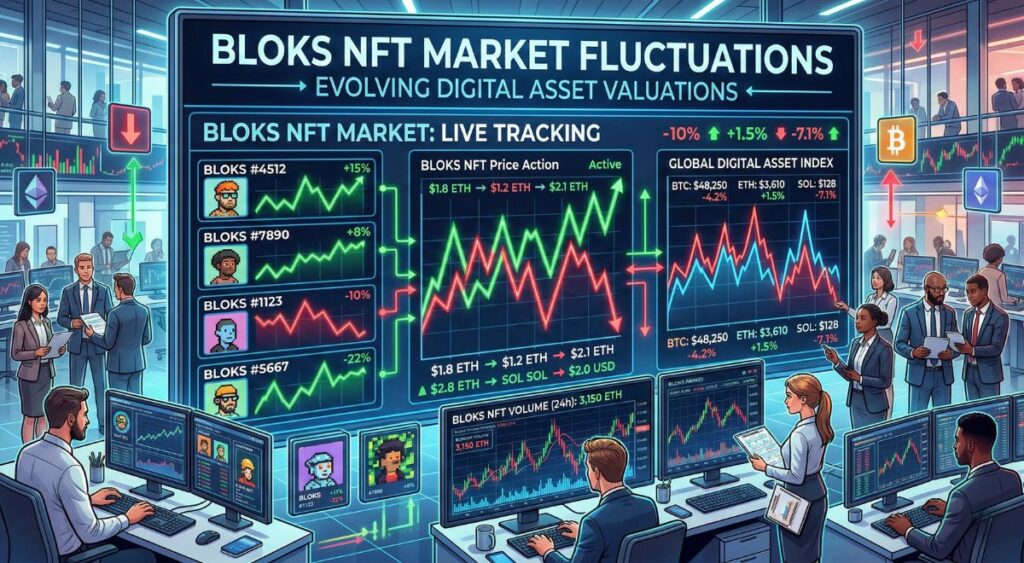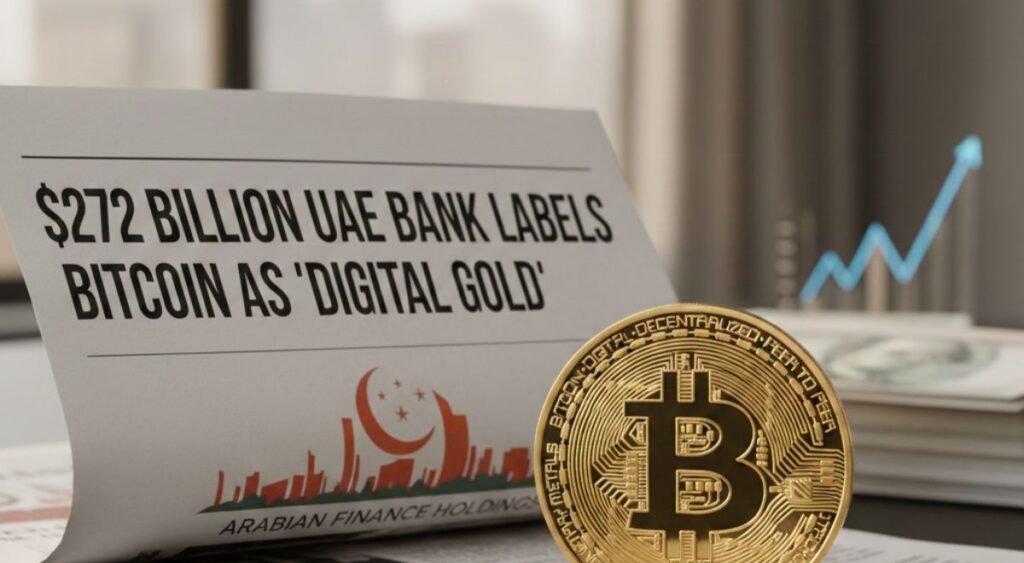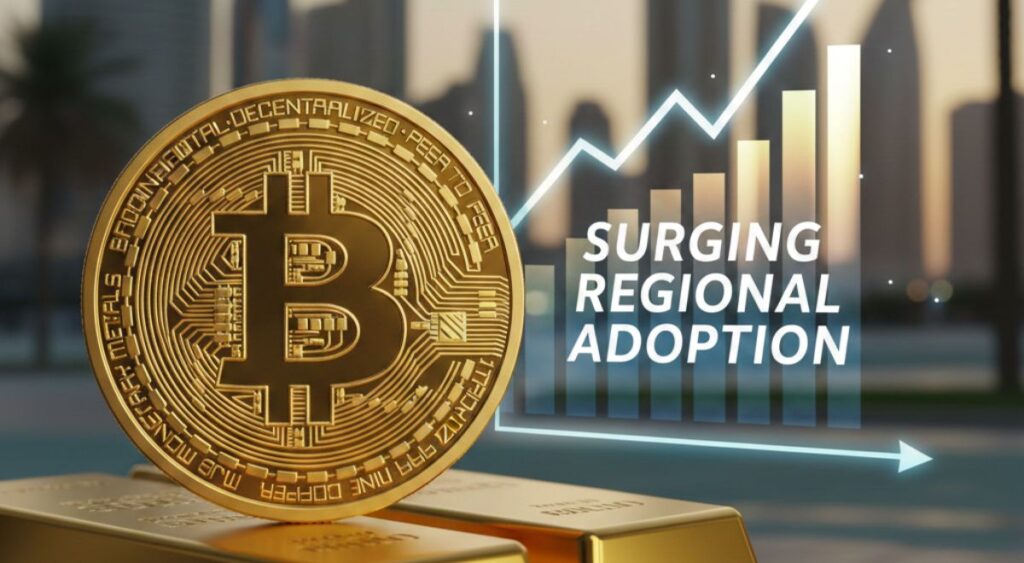The Art Gallery’s Argument: Market Trend-Related Losses
Eden Gallery, an art gallery involved in a lawsuit against a group of 36 NFT holders, has maintained that the plaintiffs’ losses are the result of general market movements rather than any misconduct. The gallery claims that although the people “may have buyers’ remorse,” any financial losses are a result of the NFT market’s normal ups and downs.
Allegations of Fraud and “Rug Pull”
The lawsuit, filed in October, accuses Eden Gallery and artist Gal Yosef of fraud, unjust enrichment, and violating New York’s General Business Law. The plaintiffs, who purchased “Meta Eagle Club” NFTs, allege the project was a “rug pull,” a term used to describe schemes where creators abandon a project after collecting funds.
The Meta Eagle Club NFT collection featured 12,000 unique, humanlike eagle artworks and reportedly generated $13 million in sales between February 2022 and November 2023.
Decline in NFT Value Sparks Legal Action
The plaintiffs claim they were misled by Eden Gallery and overpaid for the NFTs. They seek compensatory damages ranging from $1,224 to $70,219 per individual. The current floor price of a Meta Eagle Club NFT has plummeted to 0.0051 ETH (approximately $17), a stark contrast to its launch price of 0.6 ETH (around $1,800).
Gallery Challenges Jurisdiction and Aggregate Claims
Eden Gallery’s defense motion also contends that none of the individual claims meet the jurisdictional threshold of $75,000, making the aggregation of claims impermissible. This legal argument aims to weaken the plaintiffs’ position in court.
Broader NFT Market Decline
The decline in Meta Eagle Club NFTs mirrors the overall downturn in the NFT market. While NFT sales have recently seen a slight boost due to a crypto market bull run, the sector remains 98% below its peak in early 2022, according to data from CryptoSlam.
Eden Gallery maintains that NFTs were marketed as digital art products rather than investment opportunities, suggesting that buyers should have been aware of the speculative nature of the market.

